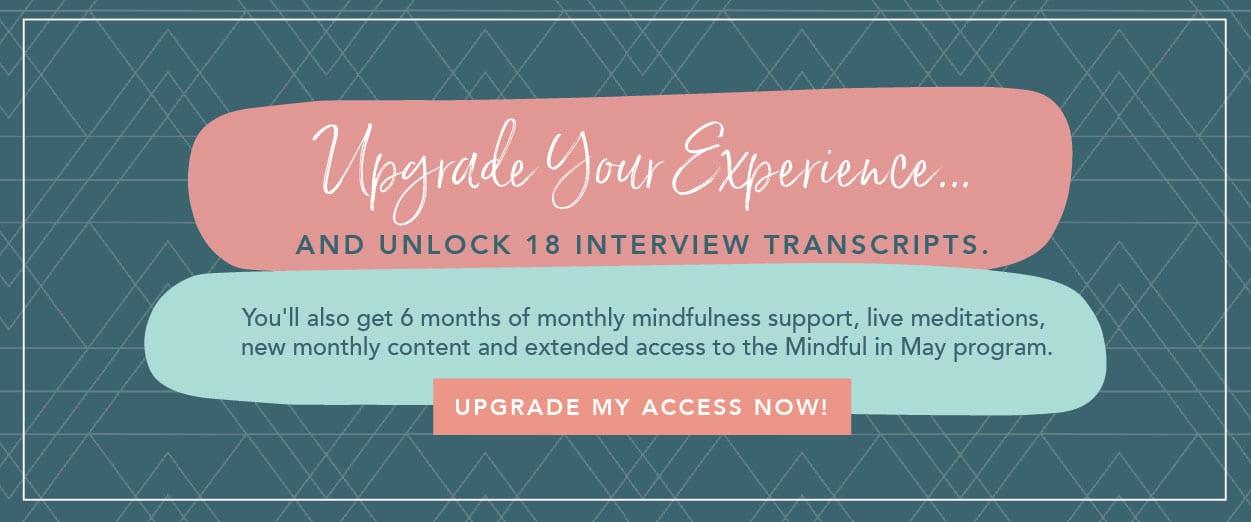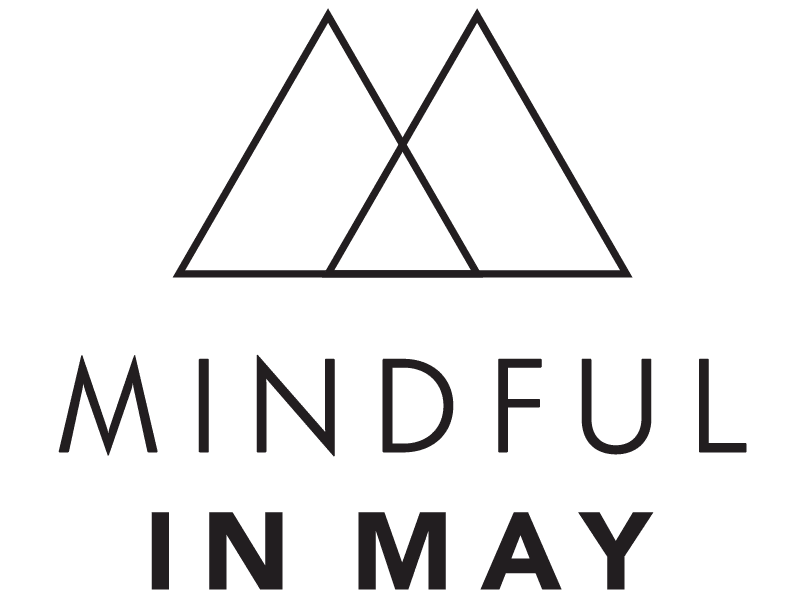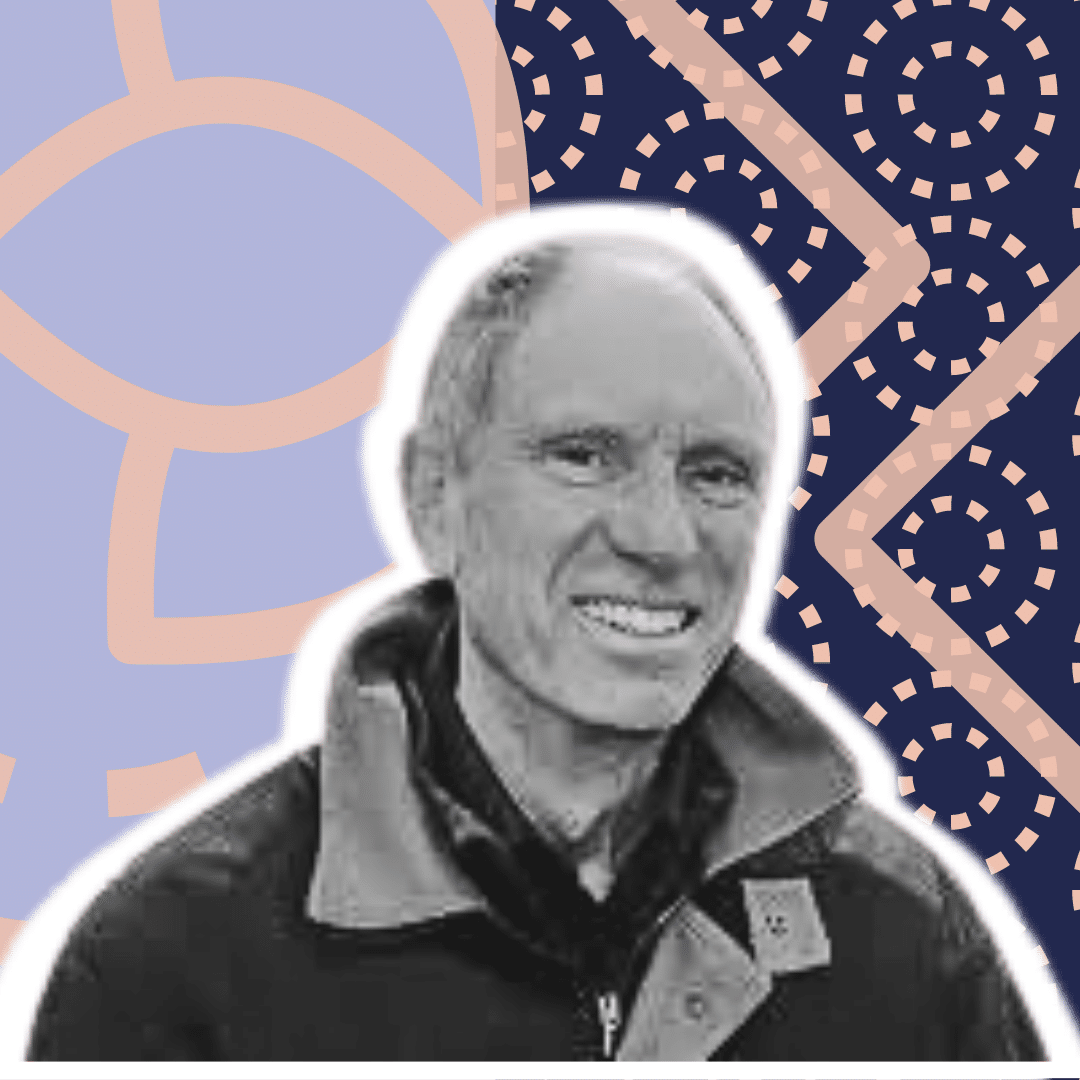Day Twenty
DAY 20: Dr Elise Bialylew interviews Joseph Goldstein
You’ll learn:
- A revolutionary way of understanding thoughts that will transform your life.
- Practical tools to work with difficult thoughts and emotions.
- A powerful practice to manage self judgements and the inner critic.
- The powerful practice of acceptance and how this opens up greater possibility and freedom in your life.
- A practical application to develop more mindful communication.
Prefer to listen, rather than watch? Click the play button below.
Want to read the transcript from this interview? Mind Life Project members receive access to interview transcripts and 6 months of mindfulness support, live meditations, and more👇
[accessally_missing_any_tag tag_id='707' comment='MLP 2021'] [/accessally_missing_any_tag][accessally_has_any_tag tag_id='707' comment='MLP 2021']Mind Life Project Bonus Content:
[/accessally_missing_any_tag][accessally_has_any_tag tag_id='707' comment='MLP 2021']Mind Life Project Bonus Content:
Click here to download the transcript of Dr Elise Bialylew's interview with Joseph Goldstein.[/accessally_has_any_tag]
Your Meditation for today
Miracle Of Breath And Body Meditation with Elise Bialylew
A Meditation for Children
Peaceful Place with Susan Kaiser Greenland
Susan Kaiser Greenland is an internationally recognized leader in teaching mindfulness and meditation to children, teens, and families. She played a foundational role in making mindfulness practices developmentally appropriate for young people and helped to pioneer activity-based mindfulness with her first book The Mindful Child. Her second book, Mindful Games, offers simple explanations of complex concepts, methods, and themes while expanding upon her work developing activity-based mindfulness games. In addition, Susan has recorded a series of brief guided meditations for grownups entitled Mindful Parent, Mindful Child.
Managing A common OBstacle: AGitation
I have the greatest admiration and respect for Joseph and his knowledge. I have learnt so much from him, and I hope you will find this interview as enriching as I did.
“How does feeling our breath or taking a mindful step help anyone else? It happens in several ways. The more we understand our own minds, the more we understand everyone else. We increasingly feel the commonality of our human condition, of what creates suffering and how we can be free. Our practice also benefits others through the transformation of how we are in the world. If we’re more accepting, more peaceful, less judgmental, less selfish, then the whole world is that much more loving and peaceful, that much less judgmental and selfish.”
~ Joseph Goldstein, Mindfulness: A Practical Guide to Awakening
Today you'll find one of my guided practices to help you tune into gratitude for the breath and body - it's one that's also quite calming - good for those agitated days. You'll also find a wonderful guest meditation from Susan Kaiser Greenland to support children in experiencing greater peace.
WHAT DO YOU DO WHEN YOU FEEL TOO AGITATED OR WIRED TO MEDITATE?
Often, when we don't feel like meditating, it's because there is an underlying restlessness or agitation and we don't want to be still. Here are a few suggestions for managing this challenge.
1. When we are really agitated, sometimes meditation might not be what's called for.
It's good to take a mindful pause and ask yourself, "what do I need right now to support me?" It may be that going to the gym or going for a run or walk is a better way to release that agitated energy. While you move, you can practise mindfulness by anchoring your attention to the physical senses or sounds around you. Then meditate at a different time (possibly after you've released some of that energy).
2. When agitation is present, try just doing two minutes of meditation.
What usually happens is that, after a few minutes, you're reminded that it actually feels good to meditate and you may feel naturally pulled to meditate longer (or not). Either way, setting a smaller amount of time helps you get past the initial barrier.
3.Alternatively, experiment with doing a longer meditation at these moments.
Sometimes, when this hyped, agitated feeling is present, we actually need a longer meditation to help settle the nervous system.
Share your biggest takeaway and reflections from today's interview and meditations in the Facebook group or on Instagram.
stay on track
[progressally_objectives]
[progressally_progress_pie_chart size="80"]

DONATE HERE
If you'd like to make a donation, you still can! Every $50 donated will bring clean water to one person for life.

Bonus Interviews
Watch Elise's conversations with four leading well-being experts: Shauna Shapiro, Linda Graham, Frank Osteseski, and Jon Kabat Zinn.

 Joseph Goldstein, one of the first American vipassana teachers, is the co-founder of the Insight Meditation Society in Barre, Massachusetts, where he is one of the resident guiding teachers. He has been leading insight and lovingkindness meditation retreats worldwide since 1974. In 1989, Joseph Goldstein helped in establishing the Barre Centre for Buddhist Studies. He has also authored several publications such as Mindfulness: A Practical Guide to Awakening, A Heart Full of Peace, Insight Meditation: The Practice of Freedom and The Experience of Insight. He also co-authored Seeking the Heart of Wisdom and Insight Meditation: A Correspondence Course.
Joseph Goldstein, one of the first American vipassana teachers, is the co-founder of the Insight Meditation Society in Barre, Massachusetts, where he is one of the resident guiding teachers. He has been leading insight and lovingkindness meditation retreats worldwide since 1974. In 1989, Joseph Goldstein helped in establishing the Barre Centre for Buddhist Studies. He has also authored several publications such as Mindfulness: A Practical Guide to Awakening, A Heart Full of Peace, Insight Meditation: The Practice of Freedom and The Experience of Insight. He also co-authored Seeking the Heart of Wisdom and Insight Meditation: A Correspondence Course.

